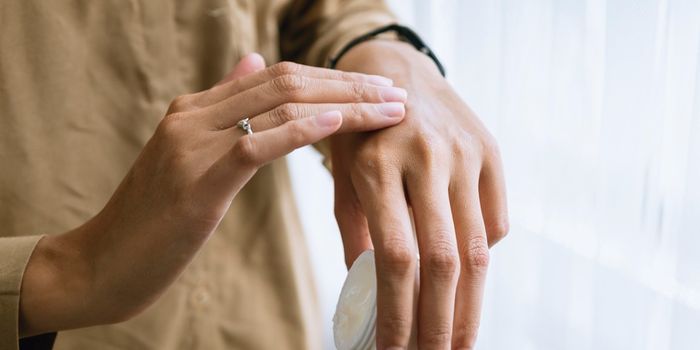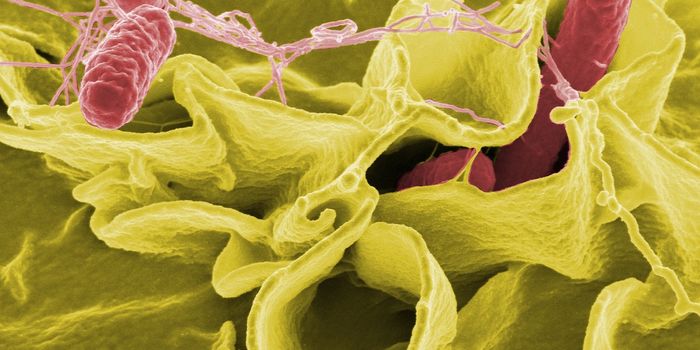Healthy, Young People Are Getting Reinfected With COVID
If you’re young and healthy and you’ve had COVID, your body will produce protective antibodies that guard you against reinfection, right? Wrong, says a new study of 3,000 participants aged between 18 and 20.
"Our findings indicate that reinfection by SARS-CoV-2 in healthy young adults is common," said Stuart Sealfon, senior author of the paper published in The Lancet Respiratory Medicine.
"Despite a prior COVID-19 infection, young people can catch the virus again and may still transmit it to others. This is an important point to know and remember as vaccine rollouts continue. Young people should get the vaccine whenever possible, since vaccination is necessary to boost immune responses, prevent reinfection, and reduce transmission."
Sealfon and colleagues found that around 10 percent of study participants previously diagnosed with COVID became reinfected. This was five times lower than the infection rates of previously uninfected individuals (50 percent) but highlighted those antibody responses may not always offer complete protection against the coronavirus.
Examining this phenomenon in more detail, the authors found that not all antibody responses are equal—individuals with lower than average antibody levels in the blood after COVID were most at risk of the infection repeating itself. In particular, these participants had fewer numbers of neutralizing antibodies that could inactivate the virus.
The authors say these observations strongly support the recommendation that young people should get vaccinated to prevent COVID transmission, infections, and possibly even reinfections.
Sources: The Lancet Respiratory Medicine, EurekAlert via The Mount Sinai Hospital.









